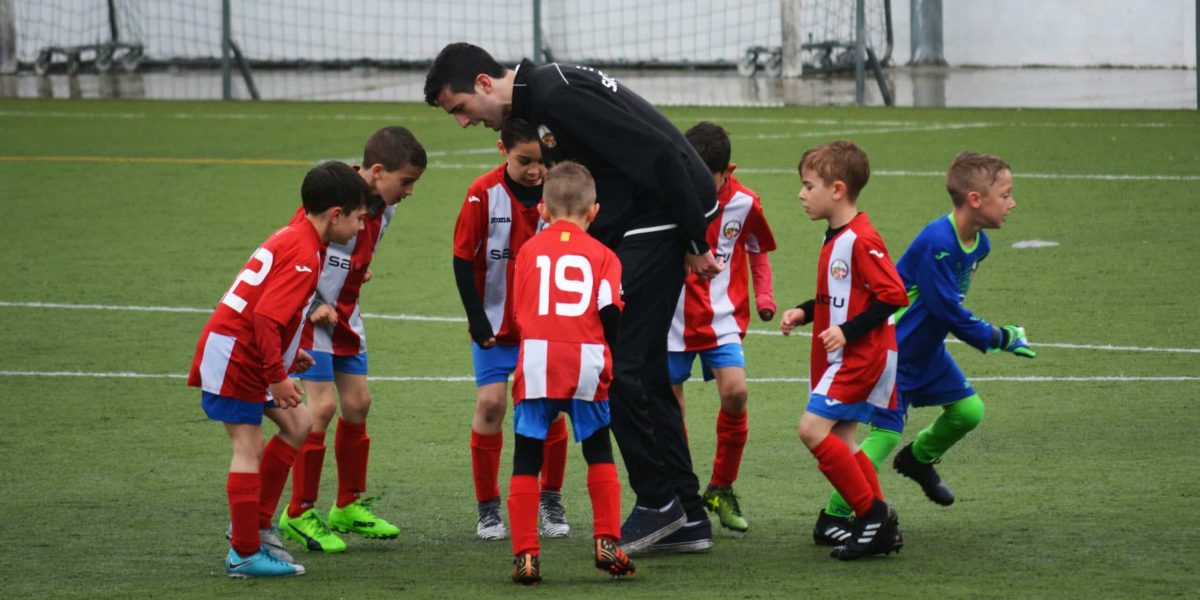The development of young athletes is one of the most critical aspects of sports today. Youth sports programs are designed not only to improve skills but also to help young people realize their full potential, both on and off the field. These programs play a vital role in mentoring athletes, offering them guidance and the opportunity to build valuable life skills. From coaching techniques to resources for mental and physical development, youth sports are a foundation for future success in athletics and in life.
How Do Youth Sports Programs Enhance Skills and Potential?
Youth sports programs focus on fostering the physical, mental, and emotional growth of young athletes. By combining coaching, training, and mentorship, these programs aim to develop fundamental skills in various sports while also promoting overall fitness. For many children, sports offer the opportunity to engage in physical activity in a structured, fun environment. This encourages both skill acquisition and healthy habits that carry through into adulthood.
One of the key elements of youth sports development is skill-building. From the basics of running, jumping, and throwing to more advanced techniques, young athletes are exposed to a range of physical activities that improve coordination, agility, and strength. Coaches guide these young athletes through tailored training plans, ensuring they progress in their abilities over time.
Skill development goes beyond just physical techniques. Mental resilience and focus are integral parts of training. Developing the ability to maintain concentration, overcome setbacks, and push through challenges on the field is just as important as mastering athletic skills. Many programs integrate psychological coaching to help young athletes manage stress, build confidence, and stay motivated, which translates to improved performance.
What Role Do Coaches and Mentors Play in Youth Sports?
In any youth sports program, the role of the coach and mentor cannot be overstated. These individuals are more than just trainers—they are guides who help young athletes navigate not only their sporting journey but also their personal growth. Coaches are often the first to notice the potential in young athletes, and they use their expertise to nurture and develop that talent.
Mentorship extends beyond just sport-specific advice. A good mentor provides guidance on life skills such as teamwork, communication, time management, and decision-making. These lessons stay with young athletes long after they leave the playing field. Research shows that positive mentorship can boost self-esteem and social skills, which are critical in all aspects of life, not just sports.
By offering a supportive environment, coaches help athletes set realistic goals and push themselves to achieve them. This mentorship fosters a sense of discipline and responsibility while also teaching the importance of hard work and dedication. For many young athletes, the relationship they build with their coach is just as valuable as the skills they learn during practice.
How Do Youth Sports Programs Contribute to Community Building?
Youth sports have the power to unite communities and create lasting connections. When children participate in local sports programs, they become part of a larger network that often includes parents, volunteers, and local organizations. This sense of belonging can provide young athletes with a strong support system that encourages them to keep pushing forward.
Community-based sports programs also promote inclusivity. They provide opportunities for children from diverse backgrounds to come together, breaking down barriers that might otherwise exist in society. For example, many youth programs offer scholarships to ensure that the financial costs of participation don’t prevent children from being involved. This inclusivity helps foster a spirit of camaraderie and mutual respect, teaching young athletes about diversity and cooperation.
These programs offer an outlet for youth to engage in positive activities, which can be especially beneficial in neighborhoods with fewer recreational opportunities. By giving children access to structured sports, these programs keep them engaged and provide a safe, healthy alternative to other less productive activities.
The Future of Youth Sports Development: Innovation and Resources
The future of youth sports development is bright, with continued efforts to enhance both the resources and the impact of these programs. New technologies, for example, are becoming increasingly integrated into training programs. From apps that track performance metrics to virtual coaching and remote training sessions, these advancements are making it easier for young athletes to get better at their sport, no matter where they are located.
In addition to technology, there has been a growing focus on mental health resources for young athletes. Programs that include psychological support, stress management tools, and mindfulness training are becoming more prevalent. This holistic approach to athlete development ensures that young people not only excel physically but also have the emotional and mental tools to handle the pressures of competition and daily life.
Many organizations are also recognizing the importance of injury prevention. Through a combination of injury-prevention exercises, better coaching, and proper equipment, the risk of sports-related injuries is being reduced, allowing athletes to stay in the game longer and progress more steadily. This approach also ensures that athletes can focus on long-term development instead of being sidelined due to avoidable injuries.
Shaping the Next Generation of Athletes
Youth sports development plays an invaluable role in shaping the future of athletics. It provides young athletes with the skills, mentorship, and resources needed to succeed, both in sports and in life. By creating inclusive, supportive environments, these programs help to nurture well-rounded individuals who are ready to take on the challenges of the future. With continued innovation and a focus on comprehensive development, the next generation of athletes will have all the tools they need to reach their full potential.







